In Indonesia, some sellers defy TikTok sales ban while offline traders cheer protection of ‘pillars of economy’
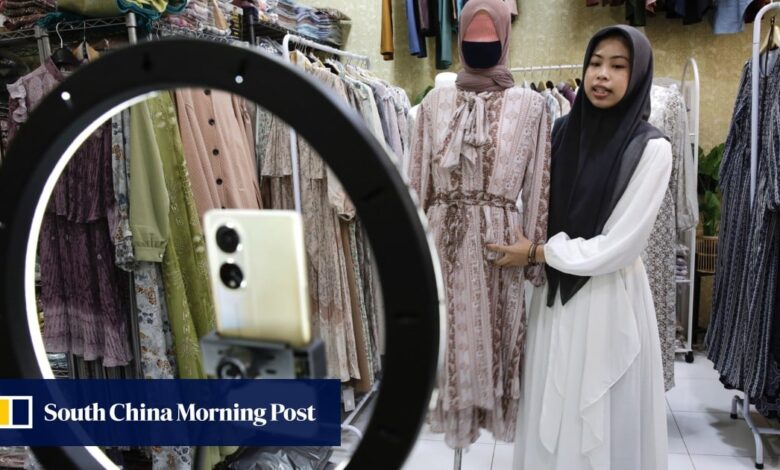
“Somehow, its algorithm allowed me to get more exposure and customers,” says Yuni, a Depok resident, adding her daily turnover almost doubled to 4 million rupiah (US$255).
“So of course I’m against the ban. What I don’t get is how they plan to enforce it. Will the police show up at my doorstep as I stream live?” she asked, adding she was just a “small fish”.
The ban in question came on September 25 and was sudden and sweeping.
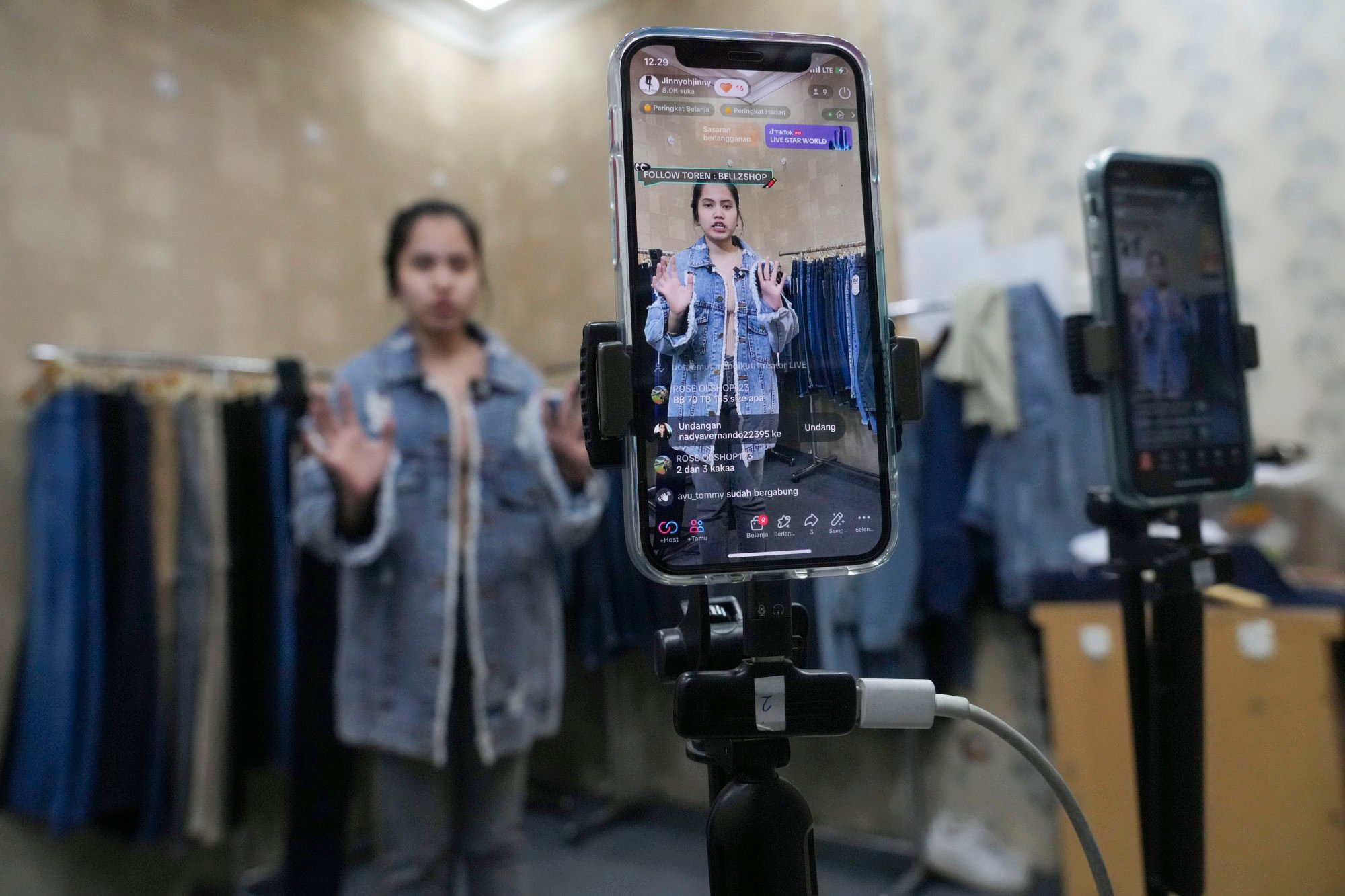
Instead, the government has demanded platforms package their sales functions into bespoke e-commerce apps, which are taxable rather than a revenue maker only for the platform.
The edict follows lobbying by retailers saying their businesses are being killed by online sales where products can go at a fraction of the cost, thanks to reduced overheads and huge volume of sales.
“Social media is for socialising. We’ll allow it to be used for promoting products but not for direct selling,” Minister of Trade Zulkifli Hasan said.
Down but far from out
“Instead of banning transactions on it, the government should bind TikTok to a set of regulations as a licensed social commerce platform by giving back to the community,” he said.
Huda said TikTok could be made to agree to help promote and sell Indonesia’s local brands and products by small-to-medium enterprises (SMEs) on its platform as part of the agreement.
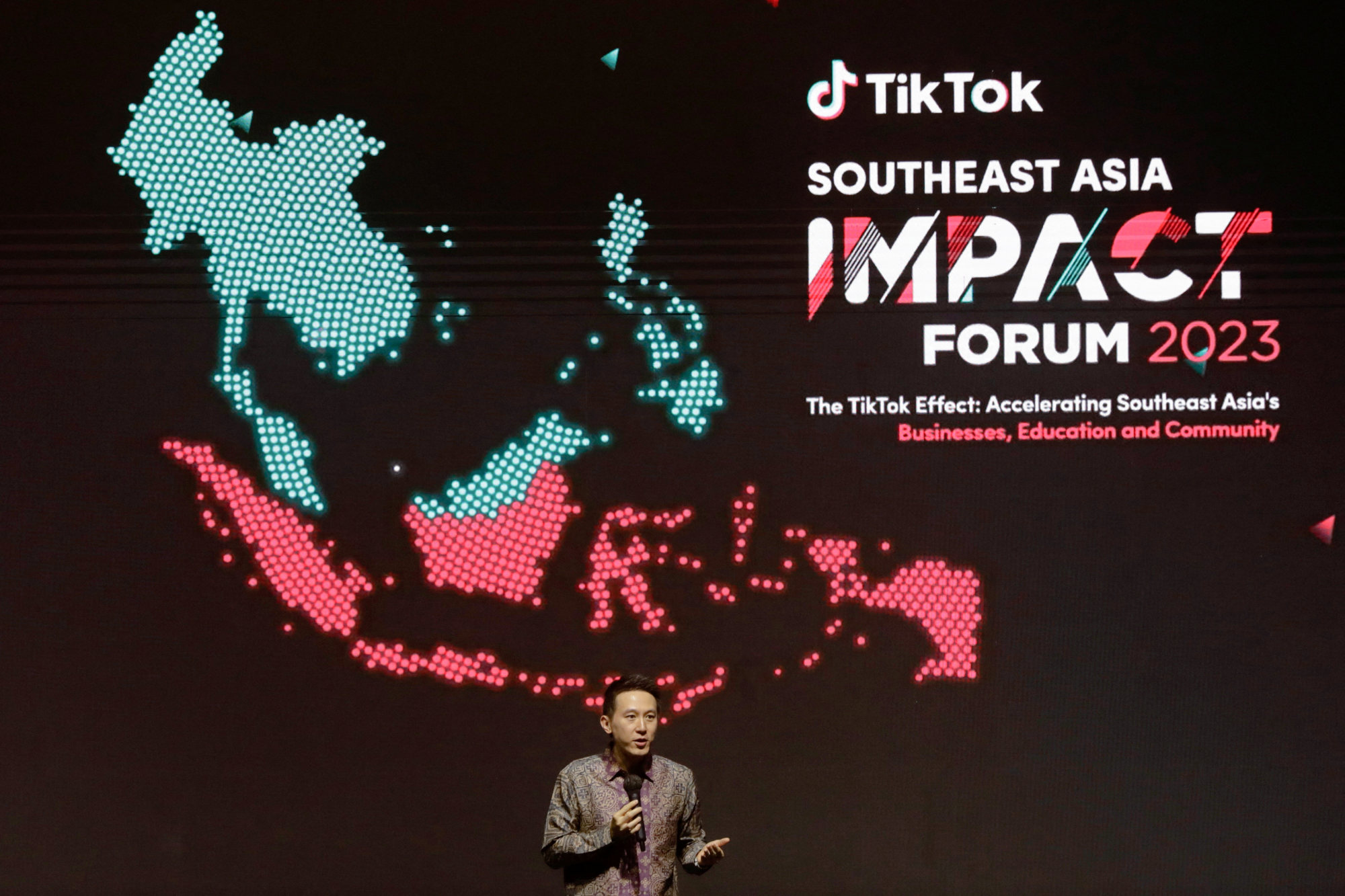
In June, TikTok CEO Chew Shou Zi visited Indonesia, carrying his company’s plan to invest US$10 billion in the country over the next few years.
In the aftermath of the ban, Chew met Indonesia’s economic tsar and the president’s right-hand man Luhut Pandjaitan, the Coordinating Minister of Maritime Affairs and Investment.
A TikTok Indonesia spokesperson said last week the company was “deeply concerned” with the announcement, “particularly how it would impact the livelihoods of the 6 million” local sellers active on TikTok Shop.
Trade Minister Hasan said TikTok’s Indonesian market share was too large to lose, but “the government must necessarily regulate it to become a proper and legal e-commerce platform”, he said.
Big ‘zaddy’: how TikTok’s CEO became a star among Singapore’s Gen Z
Big ‘zaddy’: how TikTok’s CEO became a star among Singapore’s Gen Z
For Dr Richard Lee, an aesthetics influencer who sells skincare and beauty products online to a TikTok following of 4.7 million Indonesians, the ban has disrupted a good thing.
In August, the 37-year-old broke Indonesia’s online direct sales record when he booked 40.3 billion rupiah (US$2.6 million) in one day on TikTok Live, earning a profile that makes continuing social media sales risky.
“As a law-abiding citizen, I had no choice but to comply, so September 27 was my last live-stream on TikTok,” he said.
Lee, who claimed he used to earn hundreds of thousands of US dollars in gross sales on a daily basis, said the ban would inevitably have an adverse impact on his business. “I’m more concerned about what happens to my dozens of employees. If this goes on, I’ll have to let many go.”
But not all Indonesians are sorry to see TikTok shopping go.
Traders at Tanah Abang Market, Jakarta’s oldest centre of commerce dating back to 1735, staged protests throughout September, petitioning the government to act against TikTok Live. They blamed the platform for worsening sales experienced by traders across the board.
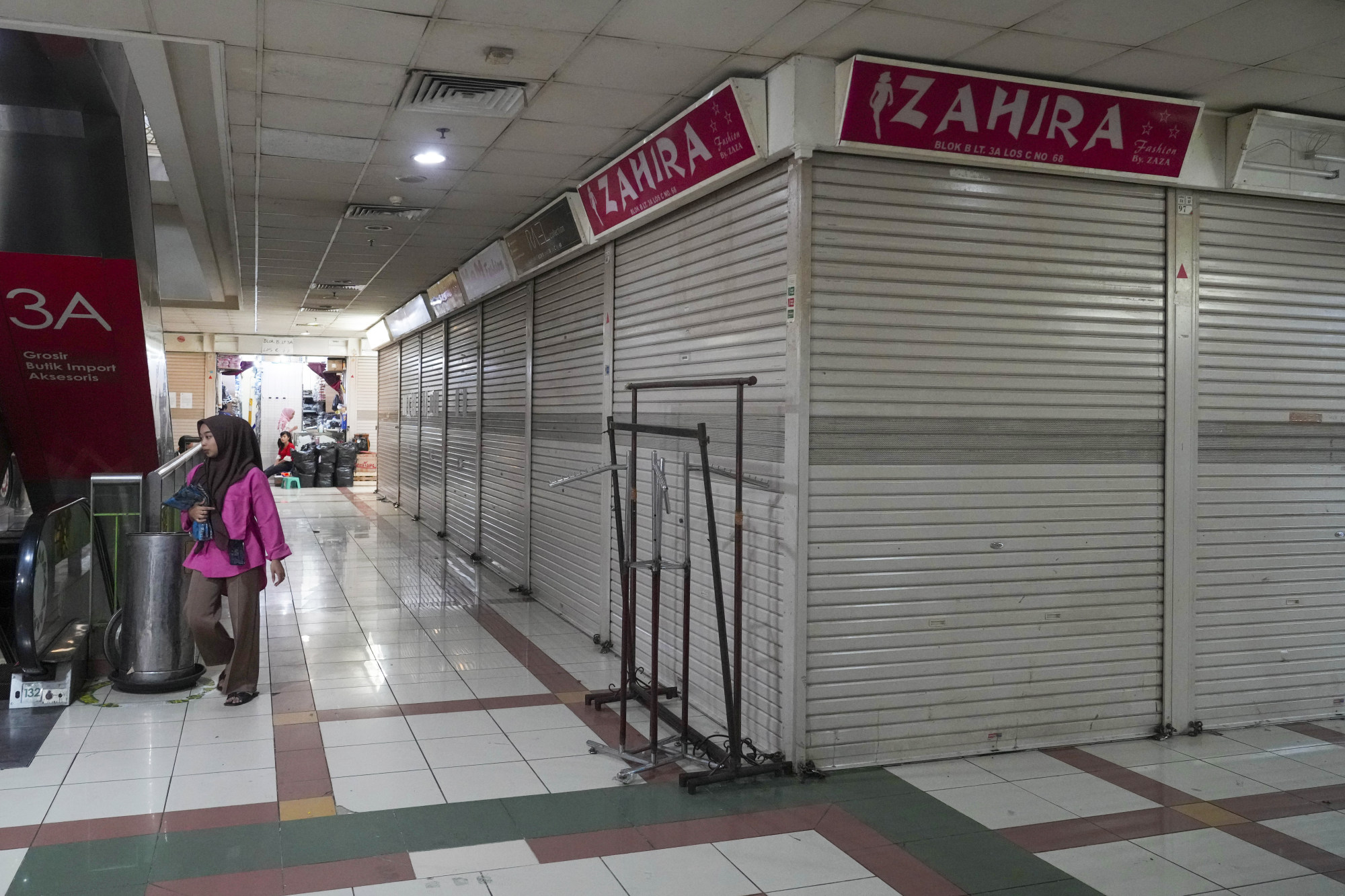
“How could we compete? They were selling things at wholesale prices,” said shop owner Muhammad Arianto.
He confessed to being overjoyed that the government had listened to their grievances, adding he was one of the traders here who took part in the protests against TikTok.
“Offline traders like us have been pillars of the economy for a long time. But people forget about us. It started with e-commerce platforms such as Shopee, Tokopedia and Lazada.”
The TikTok brouhaha has also familiarised Indonesians with the term “predatory pricing”, linked to celebrities leveraging their fame to sell sponsored products at knockdown prices on TikTok Live.
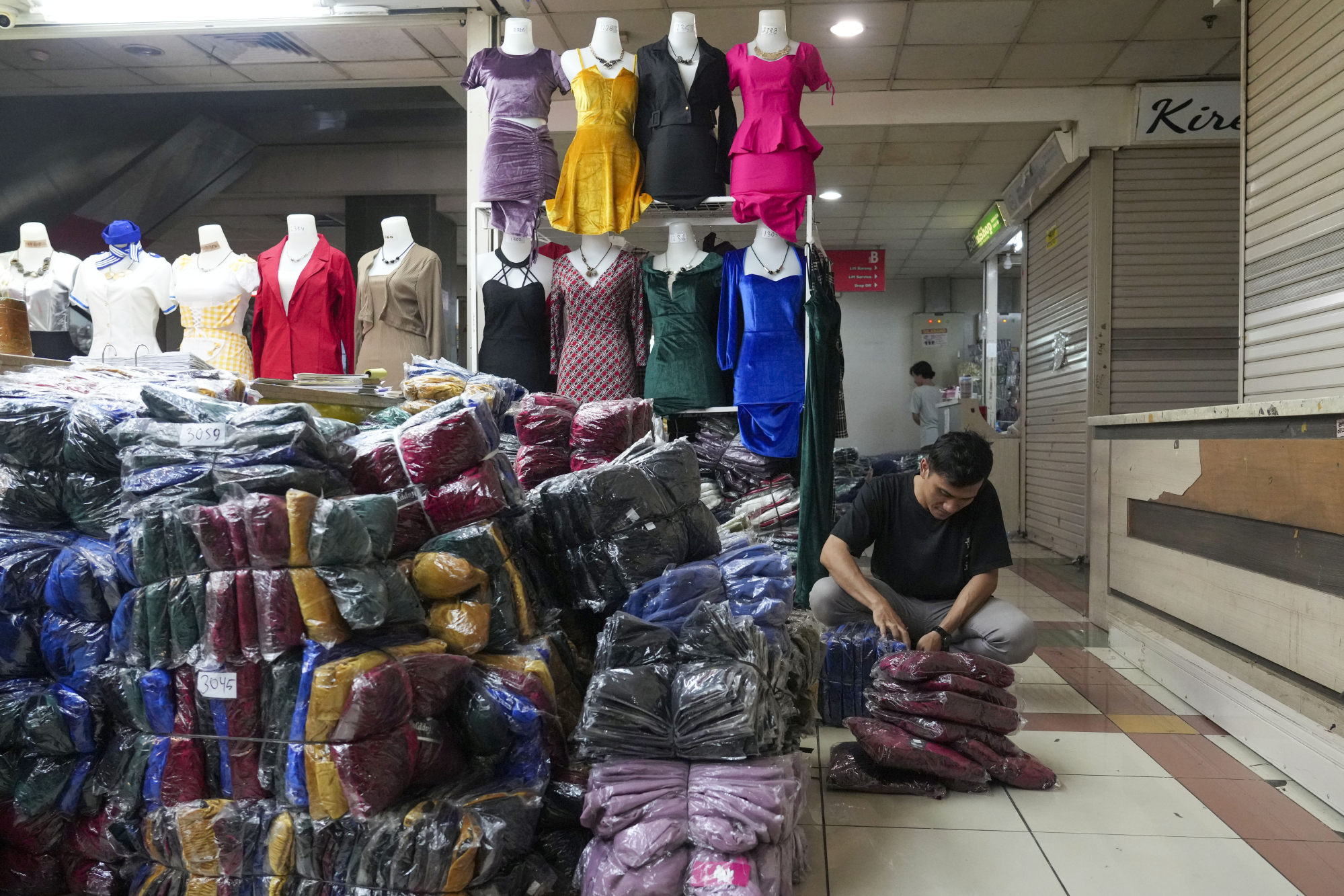
Indonesian entertainment bigwigs such as Raffi Ahmad along with his wife Nagita Slavina, singer Lesti Kejora, Ruben Onsu and film star Luna Maya have cashed in on their star power by peddling goods from basic staple foods to clothes during live streams.
“So these already minted celebs were making tonnes more money by selling on TikTok. Are they shameless?” wrote Ryan, a Facebook user from Jakarta.
Celebrity radio host Melaney Ricardo, who admitted to selling products on her TikTok, defended her action, claiming she was helping out small-to-medium-enterprises by marketing their products.
“I sell them on at a profit, of course, but I gave their products exposure. But I can get by if I can’t do it any more,” she said, adding the same would go for other celebrities who have other avenues of income.
She said the ban was unfair because not every seller on TikTok was already wealthy.
“What about all the small traders who can no longer sell on TikTok? Most of them don’t have offline shops. That’s why they’re on TikTok.”


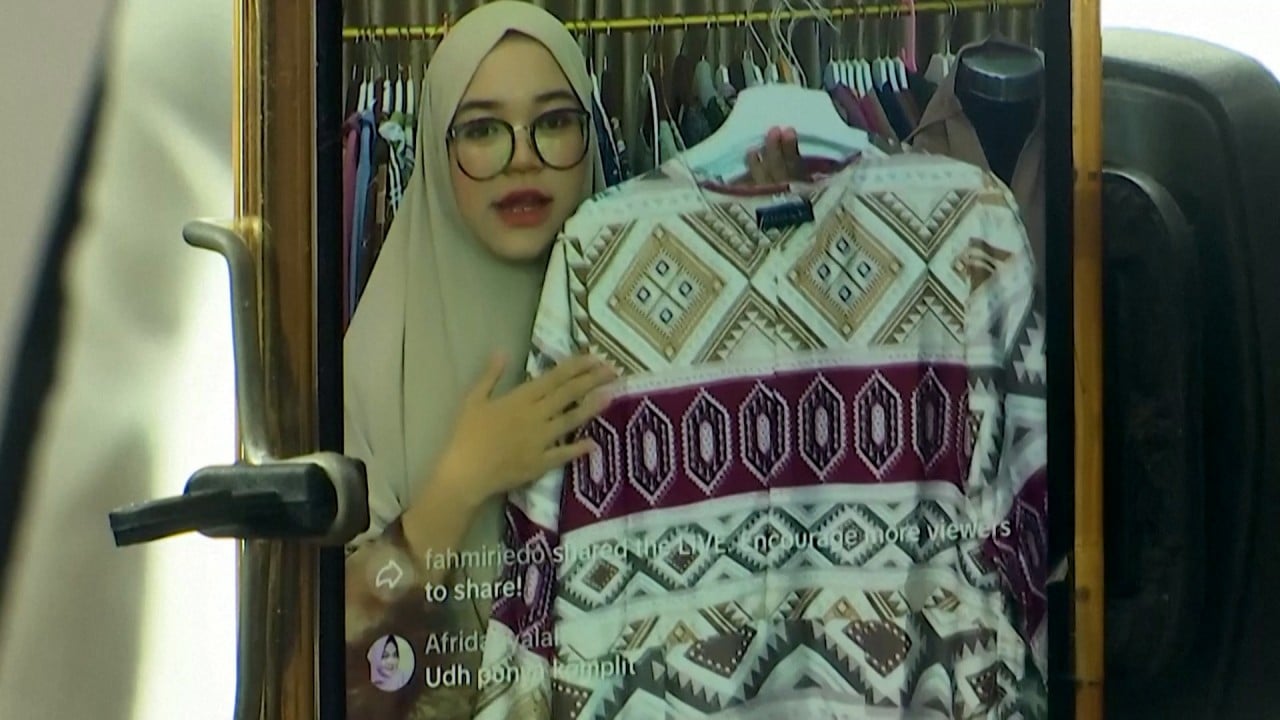
 Offers free spin
Offers free spin